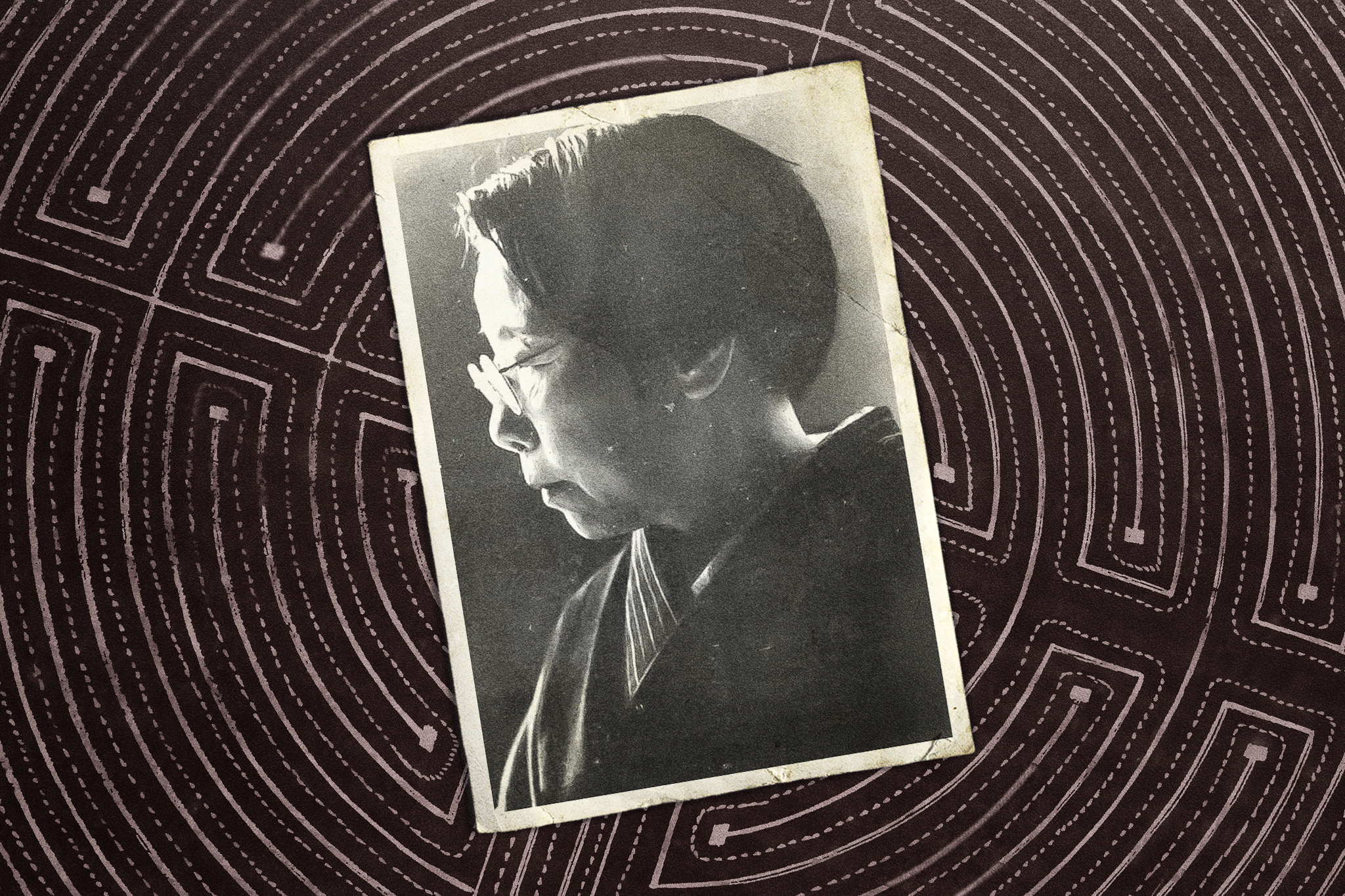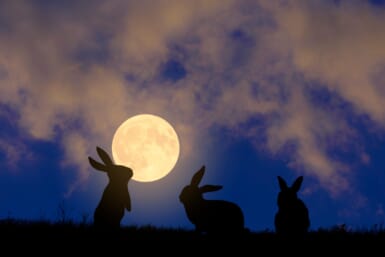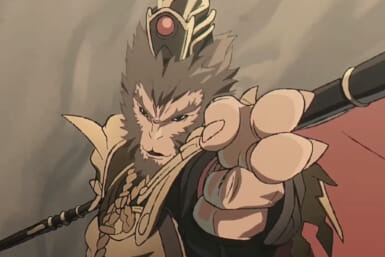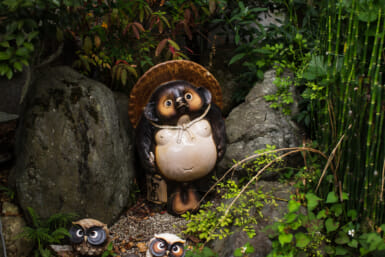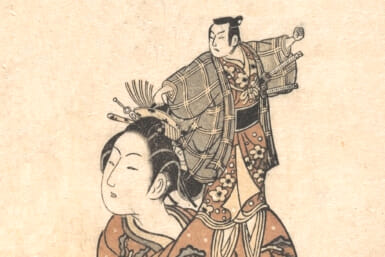One of the most important Japanese literary figures of the 20th century, Yaeko Nogami was a prolific writer who continued working well into her 90s. Including novels, short stories, plays, essays, children’s stories, travel narratives and translations, her completed volumes totaled 57. Within her huge collection of work, the famed author tackled a wide variety of topics, ranging from violence and intimations of cannibalism in Kaijin Maru to love, marriage and social class in her first full-length novel Machiko, considered the Japanese version of Pride and Prejudice. For our latest Spotlight article, we’re looking back at her life and some of her most treasured books.
A Young Intellectual
Born Yae Kotegawa in Usuki, Oita Prefecture on May 6, 1885, Nogami was the eldest daughter of Masa and Kakusaburo, owners of a successful sake brewery that’s still in existence today. Due to her family’s wealth, Nogami was able to receive a first-rate education and was the only child member of a literary circle led by classical Japanese scholar Kaizo Kubo, who tutored the youngster in Japanese and Chinese literature while also teaching her the art of tanka poetry.
At the age of 14, Nogami left her countryside home to study in Tokyo at Meiji Jogakko, a Christian-oriented all-girl’s school that promoted women’s rights. During her time there, she met Toyoichiro Nogami, a student of Noh drama and English literature under Natsume Soseki. She married him in 1906. The following year, Nogami’s first published work, Enishi (Ties of Love), appeared in the literary magazine Hototogisu. Soseki was her talisman, telling her to “never grow old aimlessly, but grow old as a literary writer.”
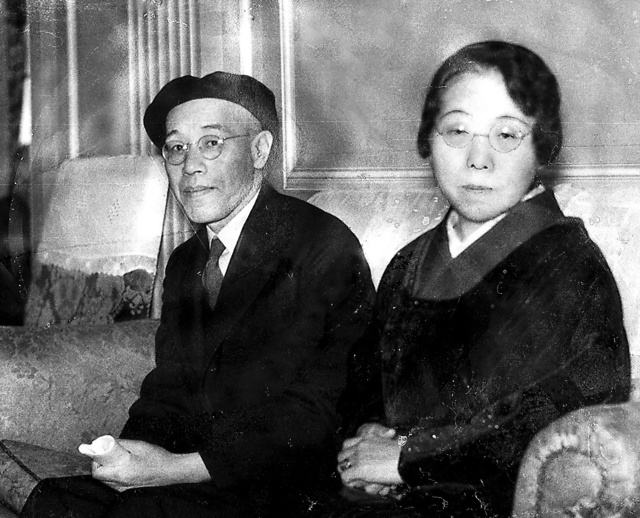
A Prolific Start
Early on in her career, Nogami submitted several poems and short stories to literary journals and magazines while also translating foreign books into English, including the autobiography of Russian mathematician Sofya Kovalevskaya. Her literature career really started to take off, though, following the release of Kaijin Maru (Neptune), a story about four men on a boat who lose all forms of navigation due to a storm. Running out of food, they face the dilemma of whether to resort to cannibalism. A semi-factual story, it was adapted into the film Ningen, directed by Kaneto Shindo in 1962.
Nogami was heavily influenced by Western literature. The one author she admired above all others was Jane Austen, particularly her seminal novel Pride and Prejudice. In 1926, she was asked to proof-read her husband’s translation of the book, giving her a more profound understanding of the story. She then decided to pen a novel loosely based on Austen’s classic tale. The Elizabeth Bennet-like titular character in Machiko rebels against convention as her mother pushes her to marry a wealthy man. This is just one of many similarities between the two stories, which both explore the power of money and how it shapes our attitudes and behavior.
An Author, Evolved
Nogami’s next full-length novel, Meiro (The Labyrinth), was published in book form in 1957. She began working on it in 1936, shortly after the “February 26 Incident,” a failed coup by young officers that strengthened the influence of the military in Japan. Due to the outbreak of the Second Sino-Japanese War, Nogami put the book on the back burner before returning to it once the global conflict was over. The novel, which received the prestigious Yomiuri Prize, centers around Kanno Shozo, a left-wing intellect riddled with doubt as he’s drafted to fight in China alongside a regime he’s long opposed.
After the release of Meiro, Nogami began working on what’s widely regarded as her magnum opus. Hideyoshi and Rikyu is a piece of historical fiction about the intertwined lives of two of Japan’s most celebrated individuals: Toyotomi Hideyoshi, one of the country’s three “Great Unifiers,” and Sen no Rikyu, the famous master of sado, or tea ceremony. Despite being his close confidant, Toyotomi ordered Sen no Rikyu to commit ritual suicide. Nogami’s book explores the potential events that may have led to the tragedy. In 1989, four years after the esteemed author died aged 99, her masterpiece was adapted into Rikyu, a critically acclaimed film directed by Hiroshi Teshigahara.

